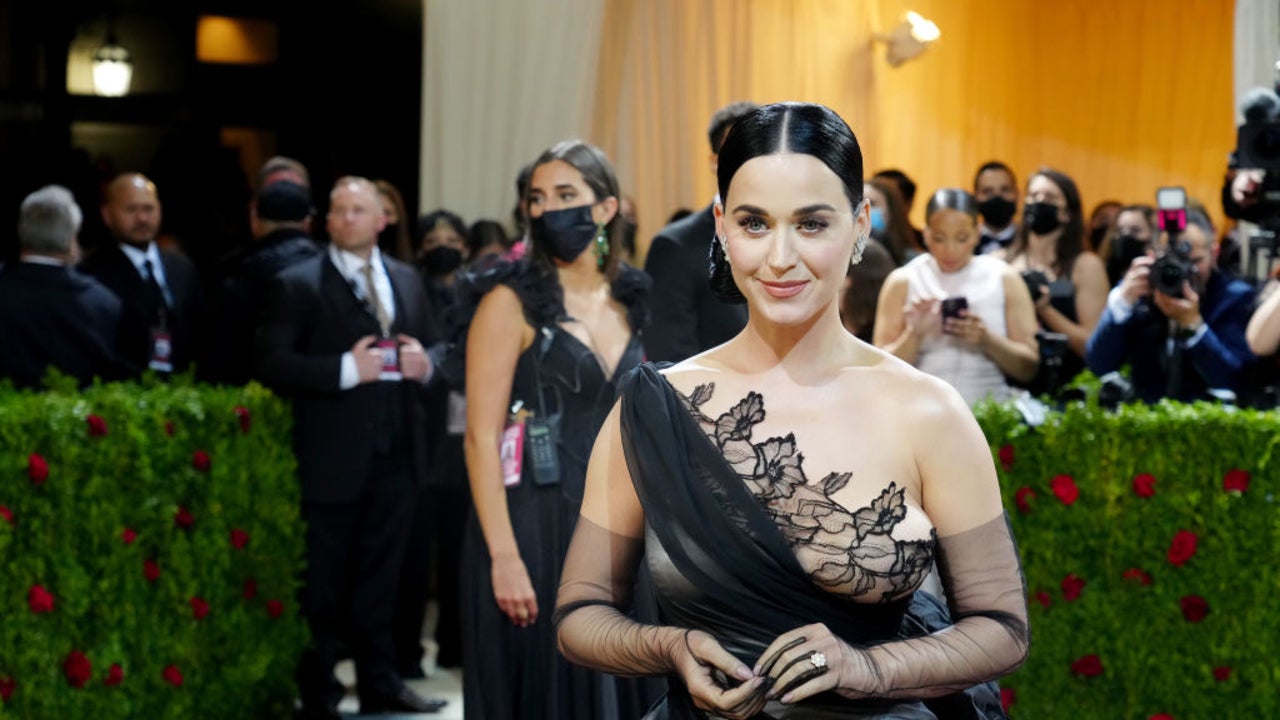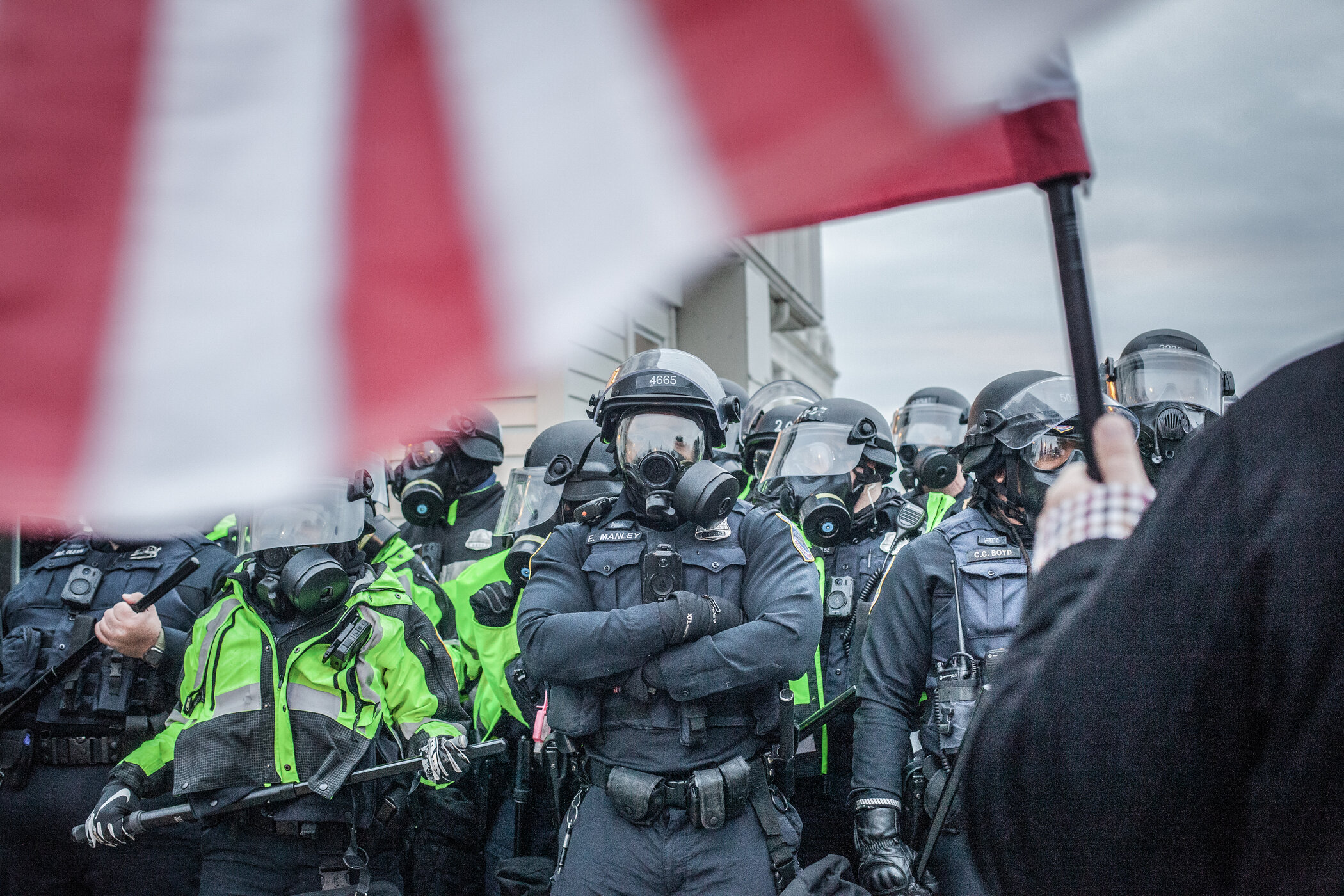[
It’s not often that a doc about the transformative power of cinema will deliberately use bad clips of the movies it’s talking about, but that’s part of the point of this insightful, sprawling film, corralled by director David Hinton. Though the masterpieces made by Michael Powell and Emeric Pressburger at the height of their big-screen, Technicolor powers were visually impeccable, their subversive emotional power could still pack a punch through a 16-inch TV screen, even from the most scratched, butchered, and washed-out black-and-white prints.
This is, famously, how the young Martin Scorsese discovered The Archers (as the pairing styled themselves), and in this lengthy discourse he gets to position them both as an influence on his own movies and as unsung heroes in the history of world cinema. Now, there are plenty of people who will immediately say that Powell and Pressburger have actually been sung quite a bit, and this film doesn’t really reveal anything new in that regard. But it does redress a balance, emphasizing how they never heard that praise until they were in the last reels of their lifetimes. Being stoic, they accepted that; in the film’s final moments, Powell even smiles, asking, “When did the British ever accept their great men?”
Scorsese is our tour guide here, and he never hands over the reins. There are no talking heads — not even his longtime editor Thelma Schoonmaker, who met Powell through Scorsese and subsequently married him — and Powell and Pressburger aficionados will recognize a lot of the footage, notably from British TV’s The South Bank Show, which aired Hinton’s unforgettable special about Powell alone in 1986. Instead, what we have here is a director’s commentary on an entire career, and the only caveat before seeing it is that there are spoilers galore as Scorsese ponders the ups and downs of The Archers’ 33-year filmography.
In a way, this is really a film about Scorsese, which is probably what the supremely modest Archers would have preferred, since he is more than happy to talk about the things they achieved that they wouldn’t have discussed themselves. In keeping with his Personal Journey series, Scorsese largely keeps himself out of the timeline, establishing himself as a fan back in the days when cinemas were palaces (and “huuuge”). There’s the familiar Scorsese backstory — the kid laid low by asthma — but the director then goes full fanboy in a way that he really hasn’t done before. This really is just about Powell and Pressburger, and Scorsese never digresses from that narrative, in a film-by-film analysis that is at times forensic but, for unexplained reasons, stops at Powell’s solo Peeping Tom in 1960, short of They’re a Weird Mob (1966) and The Boy Who Turned Yellow (1972).
The downside of that, which is important to know going in, is that this is a visual essay; there will be no interrogation, for example, of Powell and Pressburger’s offbeat casting choices, and what drew them to the likes of Roger Livesey, Marius Goring and Kathleen Byron. There is, however, a long overdue celebration of their work in its entirety, how it played out at the time and how it plays now. He notes how their sophisticated wartime “propaganda” movies actually channeled their humanitarian philosophy, and especially focuses on their time with The Rank Organisation, which he has often called “the longest period of subversive filmmaking at a major studio, ever” (but, for some reason, doesn’t here).
All the way through, Scorsese interpolates this story with examples of how The Archers influenced his own work, notably in the saturated use of the color red, which Powell, ironically, later criticized him for after seeing Mean Streets. He talks about how a fight scene in The Life and Death of Colonel Blimp influenced Raging Bull’s, and how he sees echoes of The Red Shoes’ sociopathic ballet impresario Boris Lermantov in his antiheroes, from Mean Streets’ Johnny Boy to Taxi Driver’s Travis Bickle, Cape Fear’s Max Cady, Casino’s Ace Rothstein, Gangs of New York’s Bill the Butcher and Shutter Island’s Teddy Daniels.
Mind you, he also eulogizes the 20-minute ballet sequence in The Red Shoes while neglecting to mention his own, obvious equivalent — the “Happy Endings” sequence in 1977’s New York, New York, a terrific film with similar ideas about the impossibility of creative relationships that he now seems to have all but disowned.
As a result of this subjectiveness, some of the history is a little sketchy. For example, the account of Powell’s final run-in with producer Alexander Korda (which seems to have been a lot more vindictive than Scorsese suggests here), is covered very matter-of-factly as a gentleman’s disagreement. Conversely, Scorsese is unafraid to challenge the narrative that the duo never fell out, painting a portrait of two stiff-upper-lipped men who panicked at the realization that it was time to move on and didn’t really have the wherewithal to deal with it.
But regardless of its factual credentials, it’s hard to imagine a more heartfelt tribute, and it’s to Scorsese’s credit that, in his 80s, he’s put aside so much time to wave the Union Jack for The Archers. His own place in the pantheon may now be booked and paid for, but this very generous and, at times, endearingly humble film reminds us that film history has not always been so kind to its visionaries.
Title: Made In England: The Films Of Powell And Pressburger
Festival: Berlin (Berlinale Special)
Sales agent: Altitude
Director: David Hinton
Running time: 2 hr 11 min







